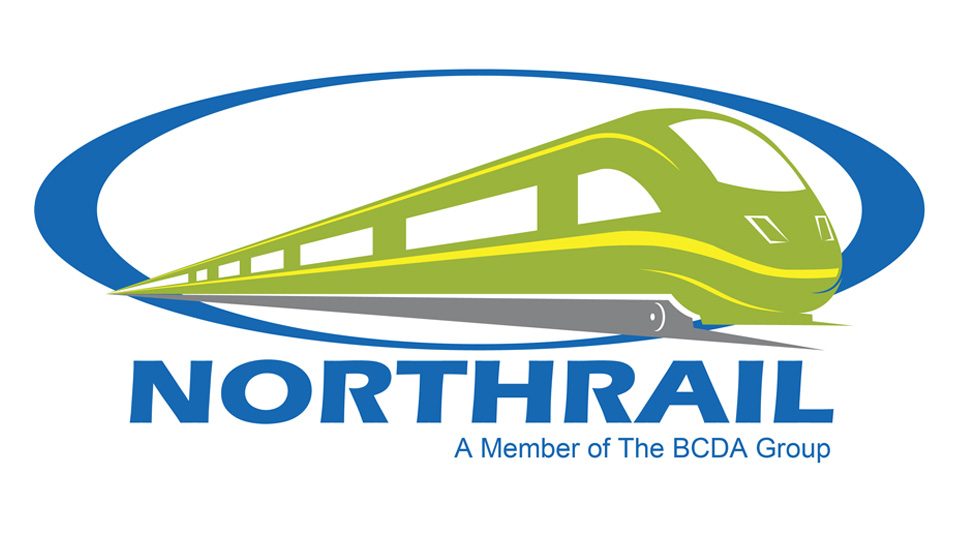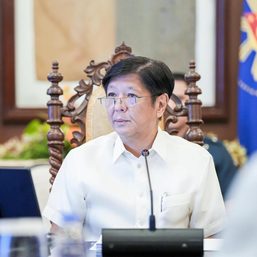SUMMARY
This is AI generated summarization, which may have errors. For context, always refer to the full article.

MANILA, Philippines – Malacañang has formally ordered the abolition of the North Luzon Railways Corporation (Northrail), the controversial train project under the Arroyo administration that had been hounded by allegations of corruption.
The Governance Commission for Government Owned or Controlled Corporations (GCG) had deactivated Northrail in May 2019, pending formal abolition.
The GCG in its decision said that Northrail was “not producing the desired outcomes, no longer achieving the objectives and purposes for which it was designed and created, and not cost efficient and does not generate the level of social, physical and economic returns vis-à-vis the resource inputs.”
Four years later, Malacañang gave out the order to formally abolish the company.
Under Memorandum Order No. 17, the Bases Conversion and Development Authority (BCDA) will take charge as administrator and liquidator of Northrail. This includes settling Northrail’s liabilities, which includes separation pay for affected personnel and disposal of the company’s assets.
The GCG will monitor the abolition process while the Department of Transportation, Securities and Exchange Commission, and Office of the Government Corporate Counsel will all assist the BCDA in completing Northrail’s affairs.
Billions spent, little progress
Northrail was envisioned as a flagship project of the Arroyo administration, linking Caloocan City to the Clark International Airport through a railway network. The project was to be constructed and partially financed by China, with the contract given to China National Machinery and Engineering Group (CNMEG).
When former president Benigno Aquino III took office, he ordered a review of the contract. A special report released by the Commission on Audit (COA) in 2011 then found that the Philippine government had overpaid the Chinese contractor $129 million – or about P5.68 billion.
CNMEG had accomplished only P3.58 billion worth of work, but Northrail had already paid P9.26 billion.
“As of December 31, 2011, Northrail has already incurred P10.569 billion without attaining its objective. There was still no railway system developed and operating after [the corporation’s] 17 years existence,” the COA report said.
The contract also required the Philippine government to give 30% advanced payments to the Chinese company, which state auditors also questioned.
CNMEG terminated the project on August 22, 2012, after the validity of its contract was questioned in court.
However, the legal troubles between the Chinese company and the Philippine government continued until an out-of-court settlement with the contractor ended the dispute. (READ: PH gov’t ends dispute with China’s Sinomach over Northrail project) – Rappler.com
Add a comment
How does this make you feel?




![[WATCH] #TheLeaderIWant: Filipino voters sound off on community issues a year before 2025 elections](https://www.rappler.com/tachyon/2024/05/filipino-voters-sound-off-on-community-issues-1.jpg?resize=257%2C257&crop=276px%2C0px%2C720px%2C720px)
There are no comments yet. Add your comment to start the conversation.